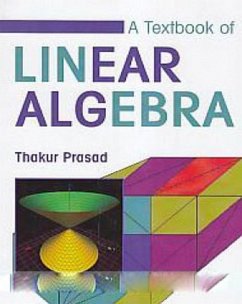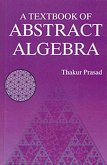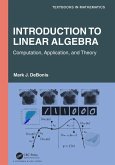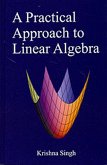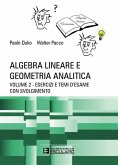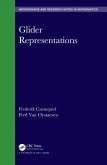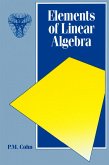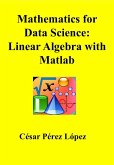Linear algebra is the study of linear sets of equations and their transformation properties. Linear algebra allows the analysis of rotations in space, least squares fitting, solution of coupled differential equations, determination of a circle passing through three given points, as well as many other problems in mathematics, physics, and engineering. Confusingly, linear algebra is not actually an algebra in the technical sense of the word "algebra". Linear algebra is central to both pure and applied mathematics. For instance, abstract algebra arises by relaxing the axioms of a vector space, leading to a number of generalizations. Functional analysis studies the infinite-dimensional version of the theory of vector spaces. Combined with calculus, linear algebra facilitates the solution of linear systems of differential equations. Techniques from linear algebra are also used in analytic geometry, engineering, physics, natural sciences, computer science, computer animation, and the social sciences. Because linear algebra is such a well-developed theory, nonlinear mathematical models are sometimes approximated by linear ones. The aim of this book's exposition is to help students develop from being successful at their present level, in classes where a majority of the members are interested mainly in applications in science or engineering, to being successful at the next level, that of serious students of the subject of mathematics itself.
Dieser Download kann aus rechtlichen Gründen nur mit Rechnungsadresse in A, B, BG, CY, CZ, D, DK, EW, E, FIN, F, GR, HR, H, IRL, I, LT, L, LR, M, NL, PL, P, R, S, SLO, SK ausgeliefert werden.

